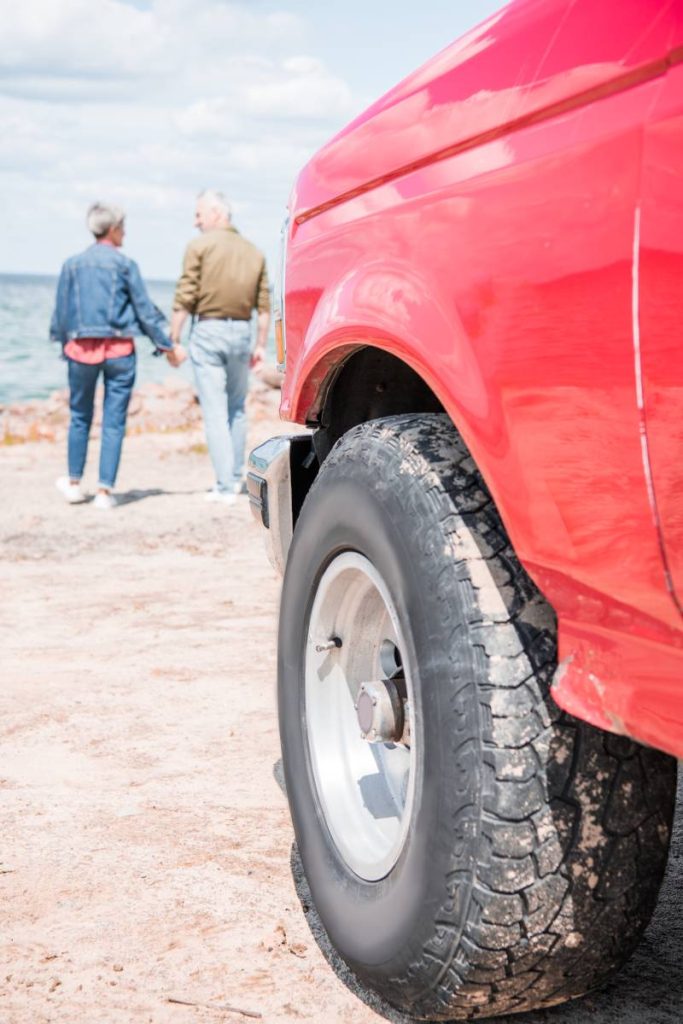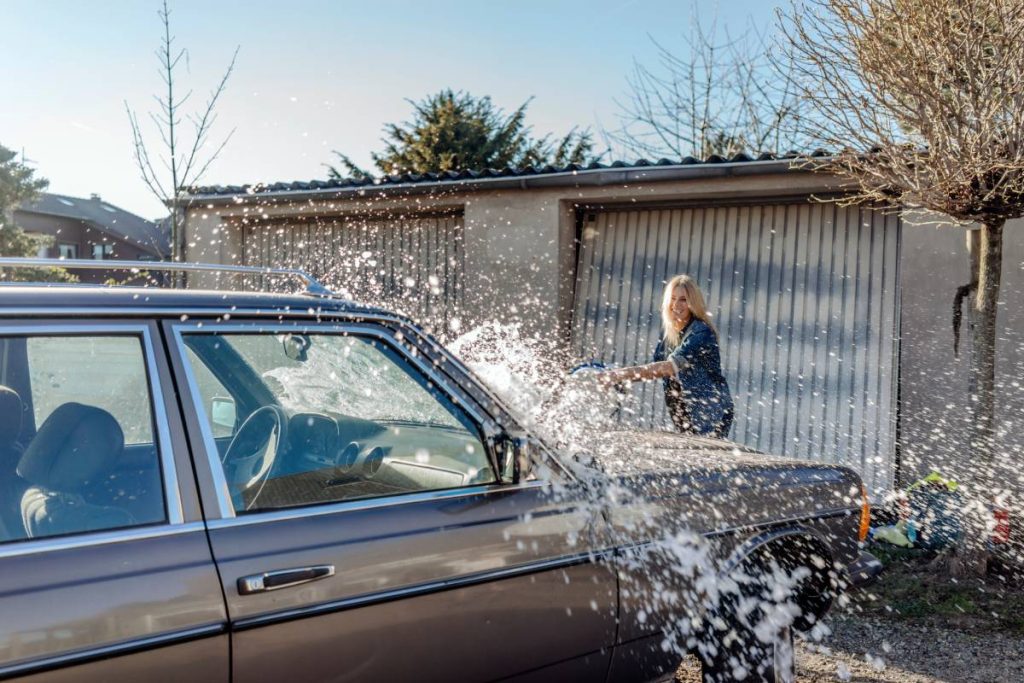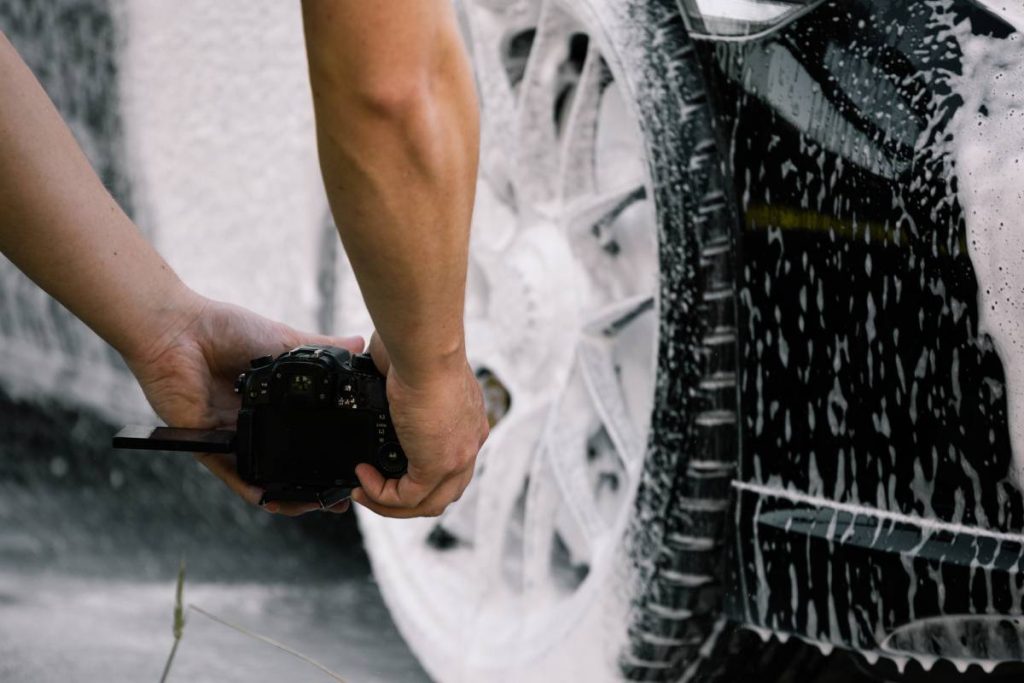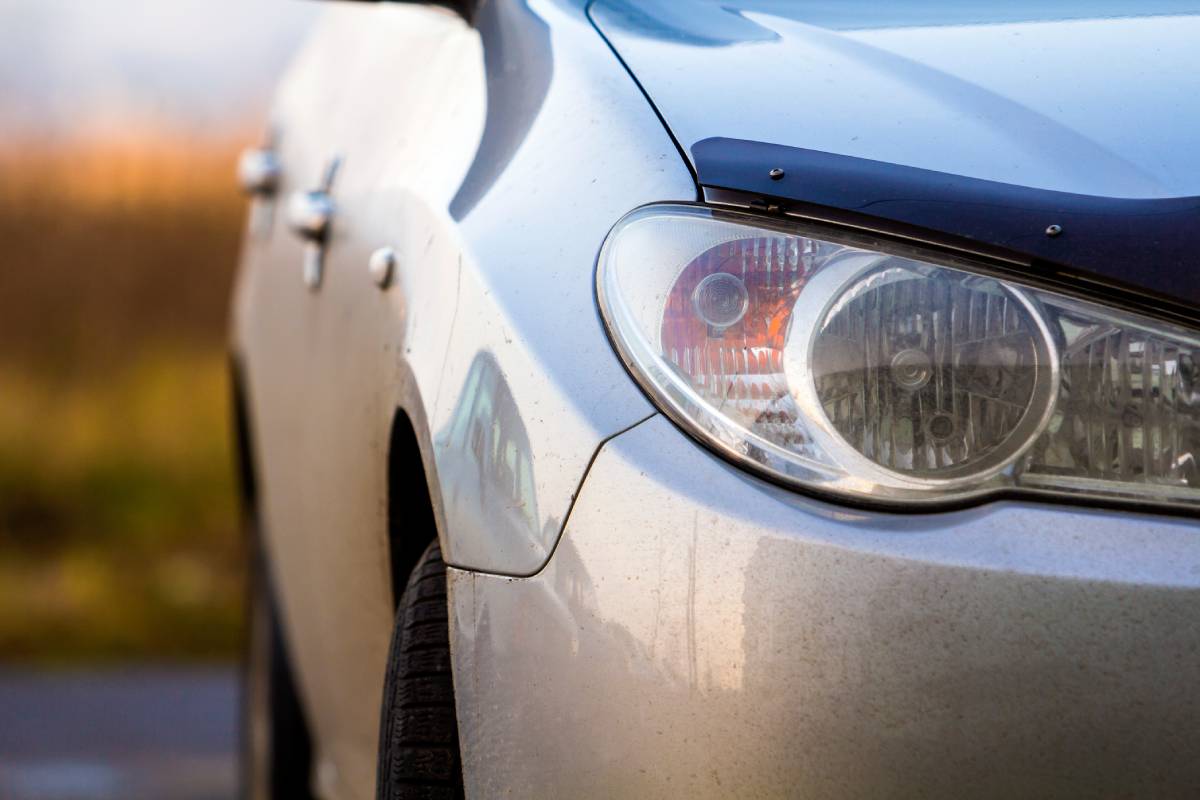While many car owners diligently maintain their vehicles by changing oil and replacing worn-out parts, one crucial aspect often overlooked is paint maintenance. As you enjoy the comfort of your car’s interior, the exterior paint is constantly battling the harsh elements of our tropical climate, which can dull its shine if neglected.
UV rays from sunlight, acid rain, airborne pollutants, and bird droppings are among the culprits that can damage the paint, causing oxidation, scratches, or stains. If these contaminants are left untreated for too long, the damage can become irreversible.
Thankfully, keeping your car’s paint in top condition doesn’t have to break the bank. With some simple tools and elbow grease, you can ensure that your car’s paint looks as good as new, just like it did when it left the showroom.
Related article:
- When it Comes to Maintaining Your Ferrari, Why You Should Only Ever Choose the Reputable Specialists
- Owning a Ferrari Doesn’t Have to be a Pipedream – Treat Yourself to a Pre-Owned Ferrari in Australia
What should I protect my car from?
Protecting your car’s paintwork is essential for maintaining its appearance and preventing damage that can lead to costly repairs. Several factors can pose significant threats to your paint, and understanding them is the first step toward effective protection.
Chips
Loose materials like stones and gravel on the road can cause paint chips, which not only look unsightly but can also degrade over time, leading to further damage and potentially rusting if water and contaminants seep in.

Salty Air
Living near the coast exposes your car to salty air, which can diminish the lustre of your paintwork and gradually damage it. Scratched or damaged areas are particularly vulnerable as saltwater can penetrate underneath the paint, exacerbating the problem.
Sunlight
Overexposure to the sun’s rays can cause your car’s paint to fade, making it look shabby and uncared for. Some colours are more prone to fading than others, and the heat from the sun can also cause the car to absorb more dirt and grime, further impacting its appearance.
Droppings
Bird droppings are not only unsightly but can also cause extensive damage to your car’s paint if left untreated. They become harder to remove once dried, and attempting to clean them off can result in scratches to the paintwork.
Sap
Parking under trees exposes your car to sap, which can drip onto the paint and be difficult to remove. When left untreated, sap can attach itself more firmly, especially under direct sunlight, making the cleaning process more challenging.
To protect your car’s paintwork from these threats, consider the following preventive measures:
- Regular Cleaning: Wash your car regularly to remove dirt, bird droppings, and other contaminants that can damage the paint. Promptly clean off any sap or bird droppings to prevent them from causing permanent damage.
- Waxing: Apply a coat of wax to your car’s paint every few months to provide a protective barrier against UV rays, salt, and other environmental factors.
- Parking: Whenever possible, park your car in a garage or shaded area to protect it from sunlight, bird droppings, and sap. If covered parking is not available, consider using a car cover to shield your vehicle.
- Avoiding Rough Roads: Be mindful of where you drive to avoid damage from loose materials like stones and gravel on the road.
- Professional Protection: Consider investing in paint protection film or ceramic coating for added durability and protection against chips, scratches, and environmental damage.
By taking these preventive measures, you can prolong the life of your car’s paintwork and keep it looking pristine for years to come. Regular maintenance and protective practices are key to preserving the appearance and value of your vehicle.
Next up, we’ll talk about how to keep your car as shiny as new on a budget.
5 tips to keep your car as shiny as new on a budget
Wash Your Car Regularly
Regularly washing your vehicle is essential for maintaining its appearance and protecting the paint from damage. Even if your car doesn’t look dirty, there are often tiny dirt particles and pollutants, such as acid rain residue, on the paint surface.
Leaving these contaminants on the paint for too long can lead to them slowly eating away or tarnishing the clear coat layer, resulting in a dull-looking paint job. For instance, on hot days, the clear coat expands, allowing uric acid from bird droppings to seep in. When the temperature drops at night, the clear coat contracts, sealing the droppings inside and causing them to become corrosive to the paint.
Experts recommend washing your car at least once a week to keep the clear coat and paint surface free of contaminants. If you spot bird droppings on your car but don’t have time for a full wash, it’s best to remove them promptly using a damp microfiber cloth and car shampoo. Avoid letting the droppings solidify on the paint, as this can make them more difficult to remove later.

Use the Right Method When Washing
You know, washing your car the right way is super important if you wanna avoid messing up the paint job. It’s tempting to zip through a car wash, but those places can be rough on your car, man. They sometimes use these scratchy clothes and harsh methods that can do more harm than good.
So, what’s the move? DIY, my friend. When you wash it yourself, you’re the boss. You get to make sure everything’s done just how it should be. And let’s be real, if you want something done right, you’ve gotta roll up your sleeves and get it done yourself.
Here’s a pro tip: grab two buckets. One’s for your soapy water and the other’s for rinsing off your mitt or sponge. This way, you’re not dunking your cleaning tools back into dirty water and scratching up your car with all that grit.
Sure, it might take a little more elbow grease, but trust me, your car’s paint will thank you. Plus, it’ll keep looking awesome for way longer.
Use the Right Tools
Taking care of your car’s paint is key, but don’t grab just any cleaner from under the sink. Using stuff like dish soap can mess up your car’s finish because it’s way too harsh and loaded with salt.
What you wanna do is get your hands on some quality car shampoo. It’s made just for cars, so it cleans without being rough and even adds a protective layer. You don’t have to go all out on the priciest one, but don’t cheap out either – stick to the good brands.
And when you’re wiping down your ride, ditch the old rags and get some microfiber cloths. They’re soft, won’t scratch your paint, and they’ll make your car look slick without any fuss.

Apply a Layer of Car Wax Every 3 Months
Slap on some car wax every few months, and you’re golden. It’s not as hardcore as those ceramic deals, but it’s way cheaper and a breeze to put on. Wax acts like a shield against the sun, heat, and grime, plus it makes water bead up and roll right off. This means no nasty rain marks eating away at your paint job.
And hey, it also gives your ride a sweet glossy look, making it seem almost brand new. Keep up with the waxing routine, and your car’s gonna thank you by staying sharp and shiny. Plus, it’s a piece of cake to do it yourself!
Avoid Parking under Direct Sunlight
Avoiding parking your car under direct sunlight is important for protecting its paint and interior components. While finding shaded parking may not always be possible, it’s worth the effort to minimize sun exposure whenever you can.
UV rays from the sun can damage the paint, cause discolouration of leather surfaces, and make plastic trims brittle over time. Therefore, parking in a shaded area or using a covered parking spot can help prevent these issues.
If shaded parking isn’t available, consider investing in a car cover to protect your vehicle when parked in the sun for extended periods. Alternatively, using a sunshade for the interior can also provide some protection against UV rays and heat buildup. Taking these precautions can help preserve your car’s appearance and prolong its lifespan.



